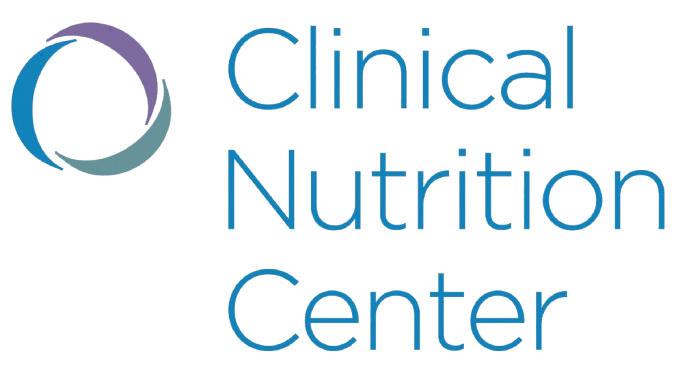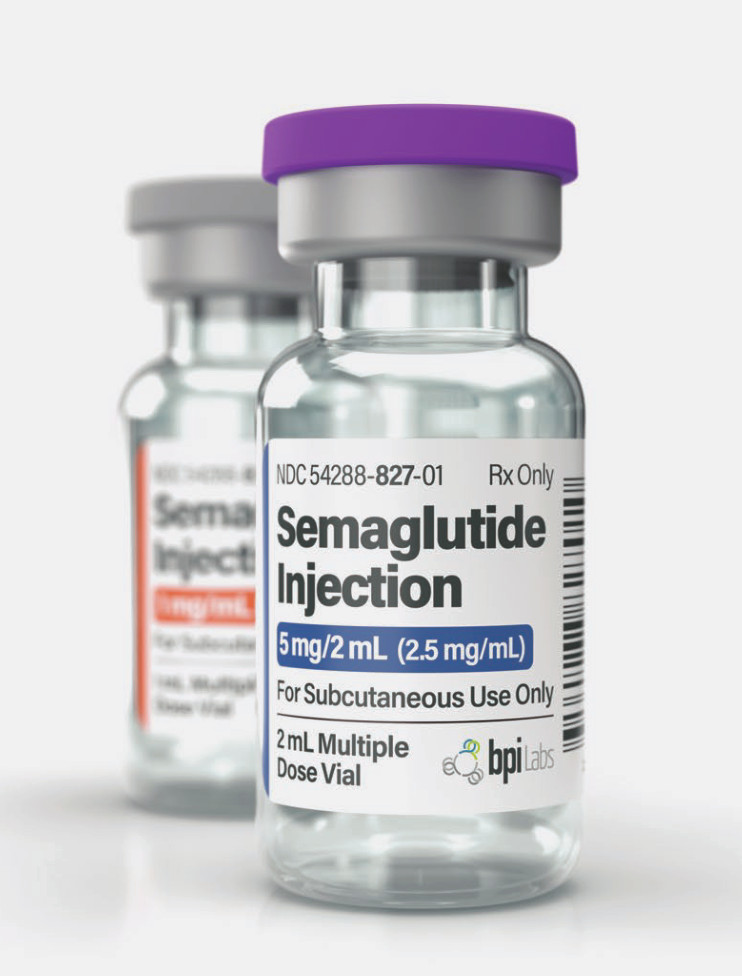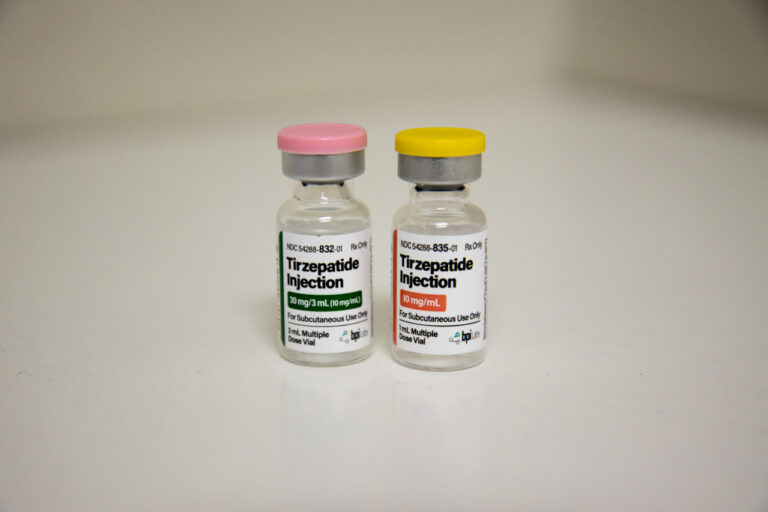
How Working with a Registered Dietitian Nutritionist (RDN) Can Enhance GLP-1 Effectiveness for Weight Loss
GLP-1 medications like semaglutide and tirzepatide have revolutionized obesity treatment, helping patients achieve 10%-25% weight loss over one to two years. However, as with any medical weight-loss intervention, these medications are a tool—not a cure. Just as stopping blood pressure medication leads to a return of hypertension, discontinuing GLP-1s often results in weight regain.
The challenge? Many patients struggle to stay on these medications long enough to see lasting benefits. More than half discontinue treatment within the first three months, and only about one-third remain on their prescription after a year. Side effects, cost, food addiction, and even the emotional connection to eating contribute to this drop-off. Additionally, GLP-1s are intended to be used in conjunction with a reduced-calorie diet and increased physical activity, but patients often don’t receive the necessary support to make these lifestyle changes sustainable.
The Role of a Registered Dietitian Nutritionist (RDN)
A promising solution is integrating ongoing support from a Registered Dietitian Nutritionist (RDN) alongside GLP-1 prescriptions. Studies have shown that behavior change is difficult, and simply offering brief advice on diet and exercise is not enough to drive long-term success. Patients need ongoing guidance and motivation to implement sustainable lifestyle habits.
Working with an RDN helps patients build confidence and motivation for healthy change. Using evidence-based strategies like goal setting, mindfulness, and personalized nutrition planning, RDNs empower individuals to develop habits that support long-term success.
Improving Medication Adherence and Cost-Effectiveness
Patients who receive support from an RDN tend to stick to their medication regimens more consistently than those who do not. Research has shown that individuals engaged in structured programs demonstrate higher adherence rates, meaning they are more likely to continue benefiting from their GLP-1 treatment. Furthermore, patients working with an RDN not only maintain better medication persistence but also develop healthier habits that support lasting weight management.
This increased adherence makes GLP-1 treatment more cost-effective. Since stopping the medication often leads to weight regain, ensuring patients get the most out of their prescription helps maximize results and minimize wasted expense.
A Synergistic Approach: GLP-1s + Expert Guidance
While GLP-1s can effectively reduce weight, they work best when paired with personalized nutrition and lifestyle strategies that enhance adherence and long-term weight maintenance. A registered dietitian nutritionist provides the structure and support needed to help patients stay engaged with their treatment, overcome barriers, and create a sustainable approach to weight management.
Bringing Expert Support to Our Patients
At Clinical Nutrition Center, we understand that sustainable weight loss is about more than just medication—it’s about building a foundation of healthy habits that last a lifetime. By integrating support from an RDN with GLP-1 treatments, we help our patients achieve not only initial weight loss but also the tools needed to maintain it.
If you’re using GLP-1 medications or considering them as part of your weight-loss journey, working with a registered dietitian nutritionist could be the missing piece to long-term success. Contact us today to learn more about how our expert support can help you achieve your weight loss and health goals.




